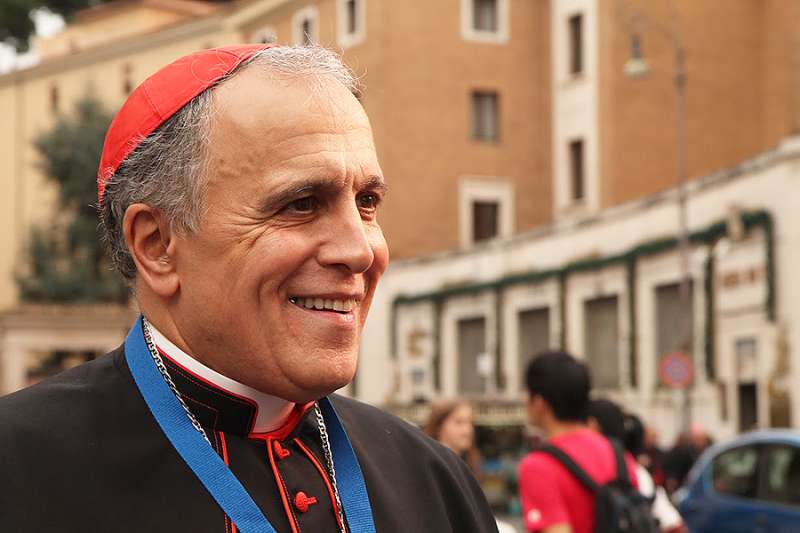The U.S. Senate should not use a nominee’s stance on Roe v. Wade as a litmus test on suitability for appointment to the Supreme Court, the president of the nation’s bishops’ conference has said.
“By any measure, support for Roe is an impoverished standard for assessing judicial ability,” wrote Cardinal Daniel DiNardo, president of the USCCB, in a July 6 letter to senators.
“If a Supreme Court ruling was wrongly decided, is widely rejected as morally flawed and socially harmful, and is seen even by many supporters as having little basis in the Constitution, these are very good reasons not to use it as a litmus test for future judges,” the cardinal wrote.
DiNardo noted that most Americans oppose the policies permitted by the Roe v. Wade decision and “believe that abortion should not be legal for the reasons it is most often performed.”
He added that “mainstream medicine rejects abortion,” that state legislatures are “passing laws to provide as much protection from abortion as possible,” and that “even legal scholars who support abortion have criticized Roe for not being grounded in the U.S. Constitution.”
DiNardo added that “nominees’ faith should not be used as a proxy for their views on Roe. Any religious test for public office is both unjust and unconstitutional.”
The cardinal’s letter comes days before July 9, when President Donald Trump is expected to announce his pick to replace Justice Anthony Kennedy, who announced his retirement in June.
Pro-life advocates have expected hope that a Trump-appointed justice could give the court a majority of justices willing to overturn Roe v. Wade. Among the rumored candidates is Judge Amy Barrett, a Catholic, who made headlines last year when Sen. Dianne Feinstein criticized Barrett’s faith, saying that Catholic “dogma lives loudy” within her.
At least one Republican senator, Susan Collins of Maine, has said that a nominee who intends to overturn the Roe v. Wade decision would "not be acceptable.” The Senate is required to confirm a nominee before a Supreme Court appointment can take effect.
DiNardo’s letter said that the Church’s ethical commitment to the right to life “has profound consequences not only for abortion,” but for the death penalty, the right to health care, and other issues.
“Our civil society will be all the poorer if Senators, as a matter of practice, reject well-qualified judicial nominees whose consciences have been formed in this ethic,” DiNardo concluded.

